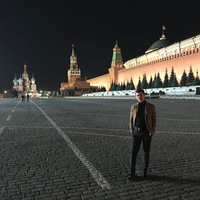Мост через Пяндж. Встреча родственников - таджикского памирца и афганского. В 1895 году , в ходе The Big game между Россией и Англией, Памир был разделён на афганский и бухарский, а потом на советский и афганский и лишь с 1990-ых гг родственники с обоих берегов Пянджа начали вновь общаться.
По одежде памирцев можно догадаться, под властью какого государства горцам жилось лучше.
СССР и русских на Памире до сих пор вспоминают с благодарностью. Во всех кишлаках учат русский язык и отмечают советские праздники. " За речкой" отношение к России менее однозначное.
По одежде памирцев можно догадаться, под властью какого государства горцам жилось лучше.
СССР и русских на Памире до сих пор вспоминают с благодарностью. Во всех кишлаках учат русский язык и отмечают советские праздники. " За речкой" отношение к России менее однозначное.
Bridge over the Pyanj. Meeting of relatives - Tajik Pamiri and Afghan. In 1895, during The Big game between Russia and England, the Pamirs was divided into Afghan and Bukhara, and then into Soviet and Afghan, and only from the 1990s, relatives from both banks of the Pyanj began to communicate again.
According to the clothes of the Pamiris, it is possible to guess under the authority of which state the mountaineers lived better.
The USSR and the Russians in the Pamirs are still remembered with gratitude. In all the villages, the Russian language is taught and Soviet holidays are celebrated. "Behind the river" attitude towards Russia is less unequivocal.
According to the clothes of the Pamiris, it is possible to guess under the authority of which state the mountaineers lived better.
The USSR and the Russians in the Pamirs are still remembered with gratitude. In all the villages, the Russian language is taught and Soviet holidays are celebrated. "Behind the river" attitude towards Russia is less unequivocal.

У записи 29 лайков,
1 репостов.
1 репостов.
Эту запись оставил(а) на своей стене Леонид Ланда











































